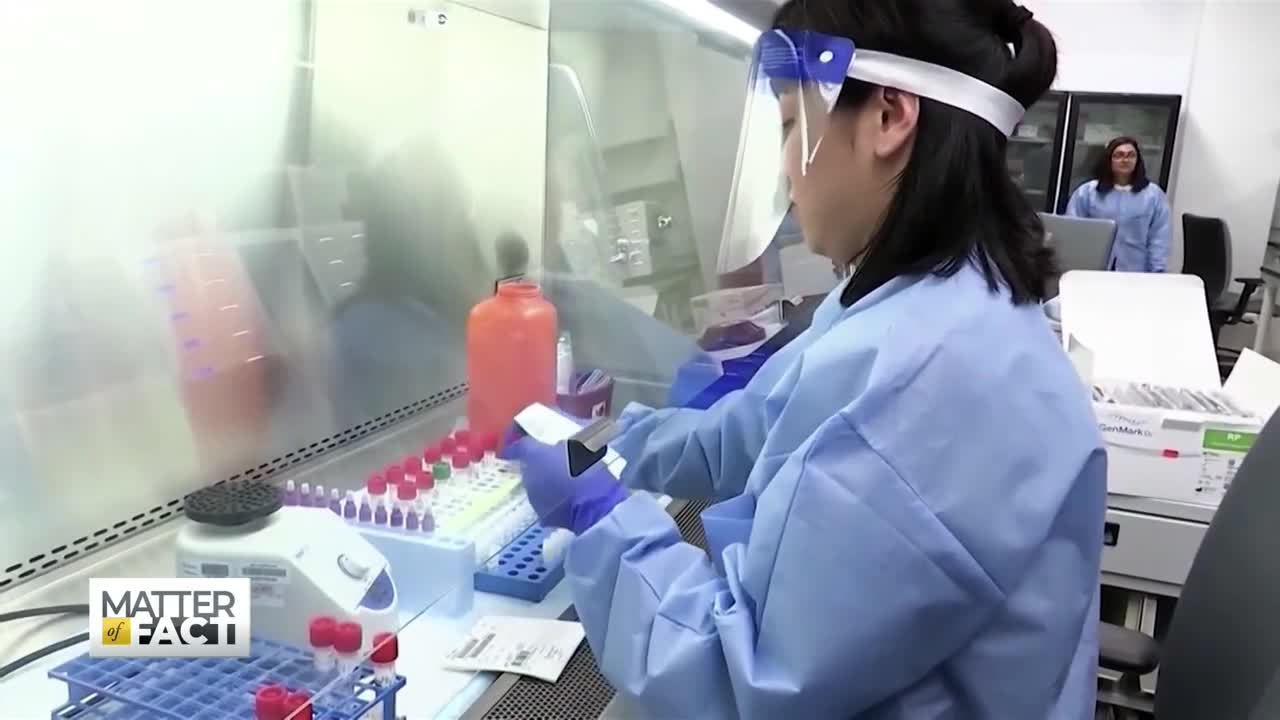
While some vaccines for the coronavirus are now entering the final phase of testing, it’s unlikely any will be approved until late this year or early next. But even as cases continue to rise, health experts say there is some reason for hope. Dr. Amesh Adalja is a senior scholar at the Johns Hopkins University Center for Health Security – focusing on infectious disease and pandemic preparedness. Soledad O’Brien talks with him about combating the pandemic and some of the most promising treatments available.
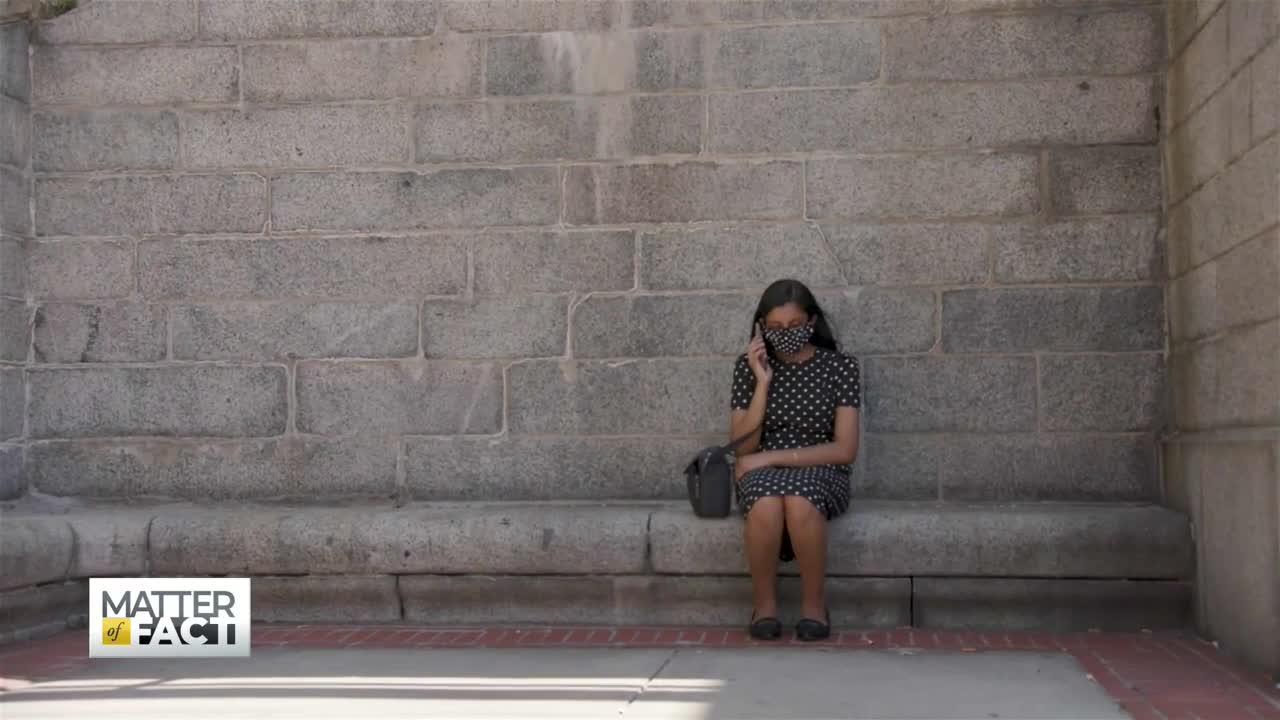
As the United States now passes 4 million reported coronavirus cases, new data shows it could be much worse than we thought. The CDC is now saying the actual number of people infected with COVID-19 could be 6 to 24 times higher than the confirmed number of cases. Part of the reason is because about 40 percent of those infected are asymptomatic. So, while many are never tested, they’re still infecting others. Meanwhile, testing labs are overwhelmed, sometimes taking up to two weeks to send results to confirmed patients. In an effort to get ahead of the virus, contact tracers like Sivnathy Vasanthan are working around the clock to tell people when they’ve been exposed.
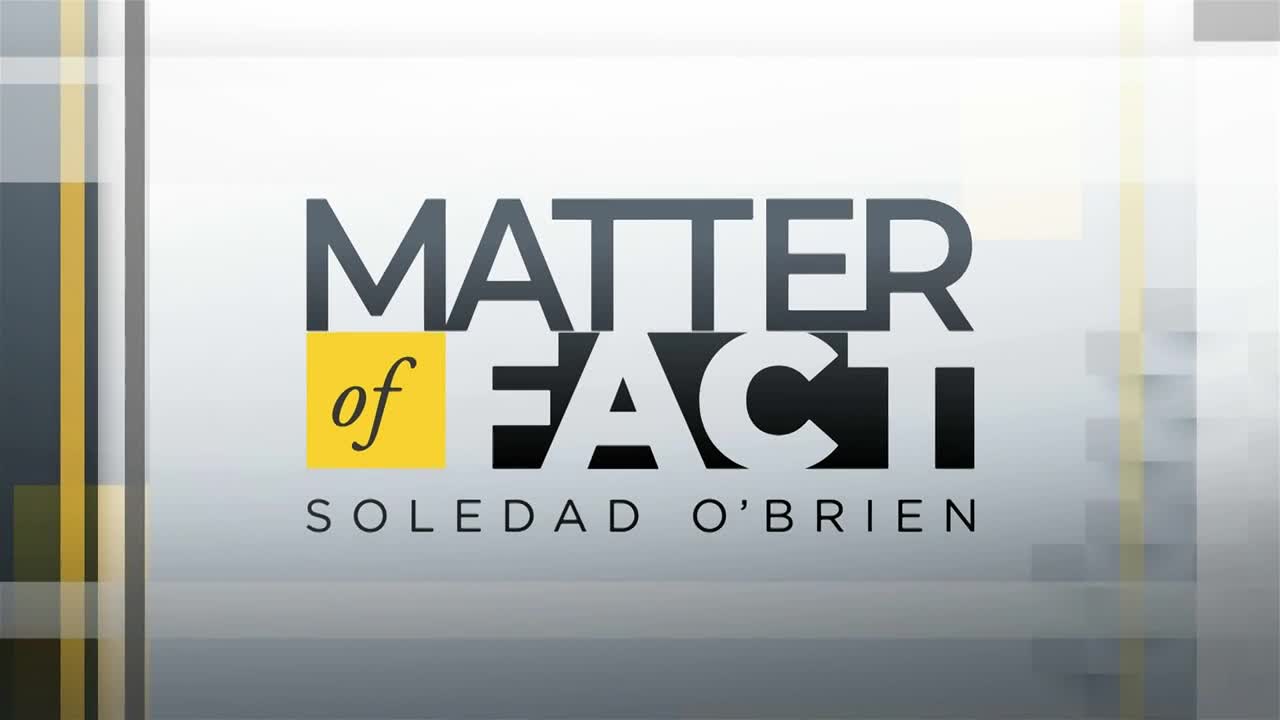
This week on Matter of Fact, as the United States struggles to get a handle on the coronavirus pandemic, an eviction crisis could be on the horizon. Soledad O’Brien speaks with Darlene Turner, who stands to lose her apartment of two decades, and Matt Desmond, from Princeton University’s Eviction Lab and author of the Pulitzer Prize-winning book, “Evicted: Poverty and Profit in the American City.” Then, millions of families are facing a difficult decision as the school year approaches: to keep their children at home or send them back to the classroom. Merrie Najimy, president of the Massachusetts Teachers Association, talks about the tough choices ahead of the new school year. Then, “A Most Beautiful Thing.” A documentary on the first all-Black high school rowing team is ready to be released at the end of the month. Soledad O’Brien talks with filmmaker Mary Mazzio, Arshay Cooper, the film’s inspiration, and executive producer Grant Hill.

In the late ‘90s, a group of teens from rival neighborhoods on Chicago’s West Side formed an unlikely bond. They became the first all-Black high school rowing team. Now, a documentary about this band of brothers is set to hit theaters later this month. It’s based on the memoir “A Most Beautiful Thing” by rower, now motivational speaker Arshay Cooper. Soledad O’Brien spoke with Arshay, director Mary Mazzio and executive producer Grant Hill.
Watch full interview.

The documentary “A Most Beautiful Thing” is ready to premiere at the end of this month. It focuses on Chicago’s first all-black rowing team, examining the issues of trauma and racism in a powerful story about how kids from rival neighborhoods come together on the water. Soledad O’Brien talks with filmmaker Mary Mazzio, Arshay Cooper, the film’s inspiration, and executive producer Grant Hill.

Millions of families across the country are facing a difficult decision as the school year approaches: to keep their children at home or send them back to the classroom. While some school districts say they plan to continue distance learning in the fall, others are working to implement safety measures to keep both staff and students healthy. Merrie Najimy is the president of the 110,000 member Massachusetts Teachers Association. Soledad O’Brien talks with her about the tough choices ahead of the new school year.

This week on Matter of Fact, an uncontrollable surge in coronavirus cases leads to dire warnings from health experts. What can the flu of 1918 teach us about the present pandemic? Plus, calculating the cost of economic recovery. Economist Heidi Shierholz explains how even employed Americans could feel the impact of unemployment benefits expiring. Then, Correspondent Jessica Gomez reports from Lincoln, Nebraska where a large population of resettled refugees are struggling to help their families here and across the globe.
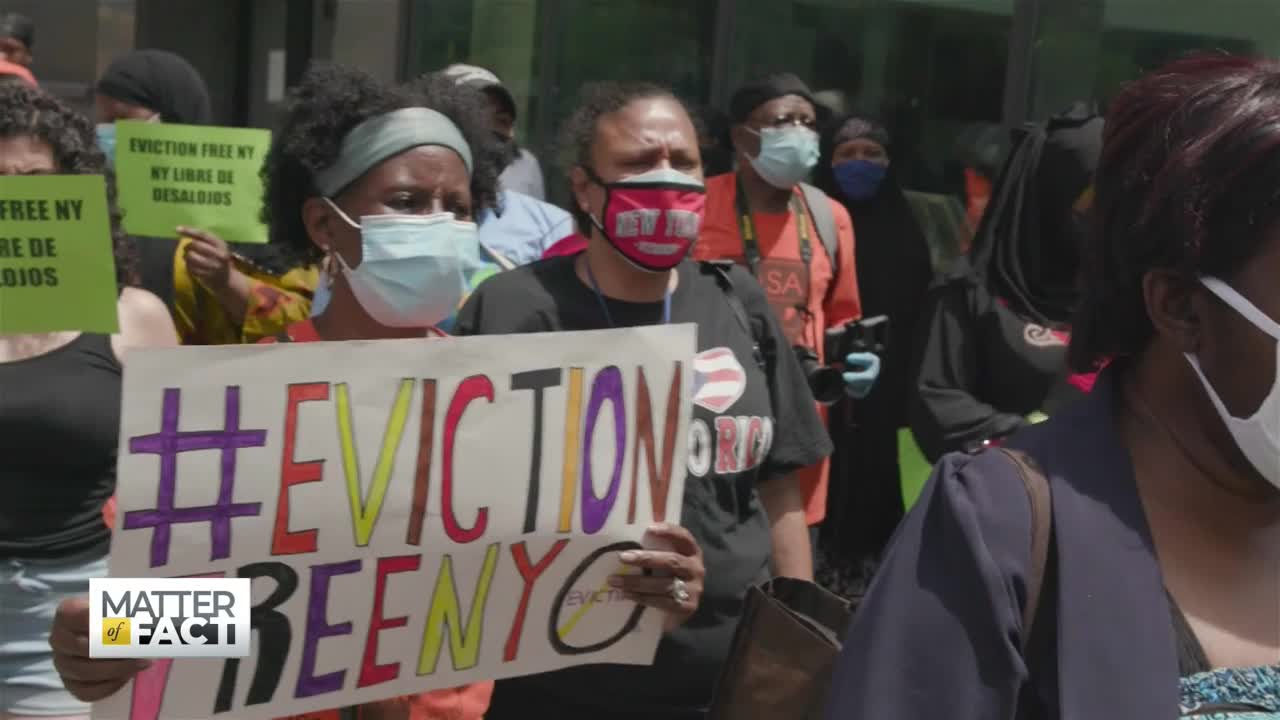
As the United States struggles to get a handle on the coronavirus pandemic, another crisis could be on the horizon. Last month, 30 percent of Americans missed their housing payments. But, the temporary moratorium on evictions kept roofs over their heads. Now, that protection and the expanded unemployment benefits are set to expire at the end of September. According to the COVID-19 Eviction Defense Fund, that could put up to 23 million households out of a home. Soledad O’Brien speaks with Darlene Turner, who stands to lose her apartment of two decades, and Matt Desmond, from Princeton University’s Eviction Lab and author of the Pulitzer Prize-winning book, “Evicted: Poverty and Profit in the American City.”
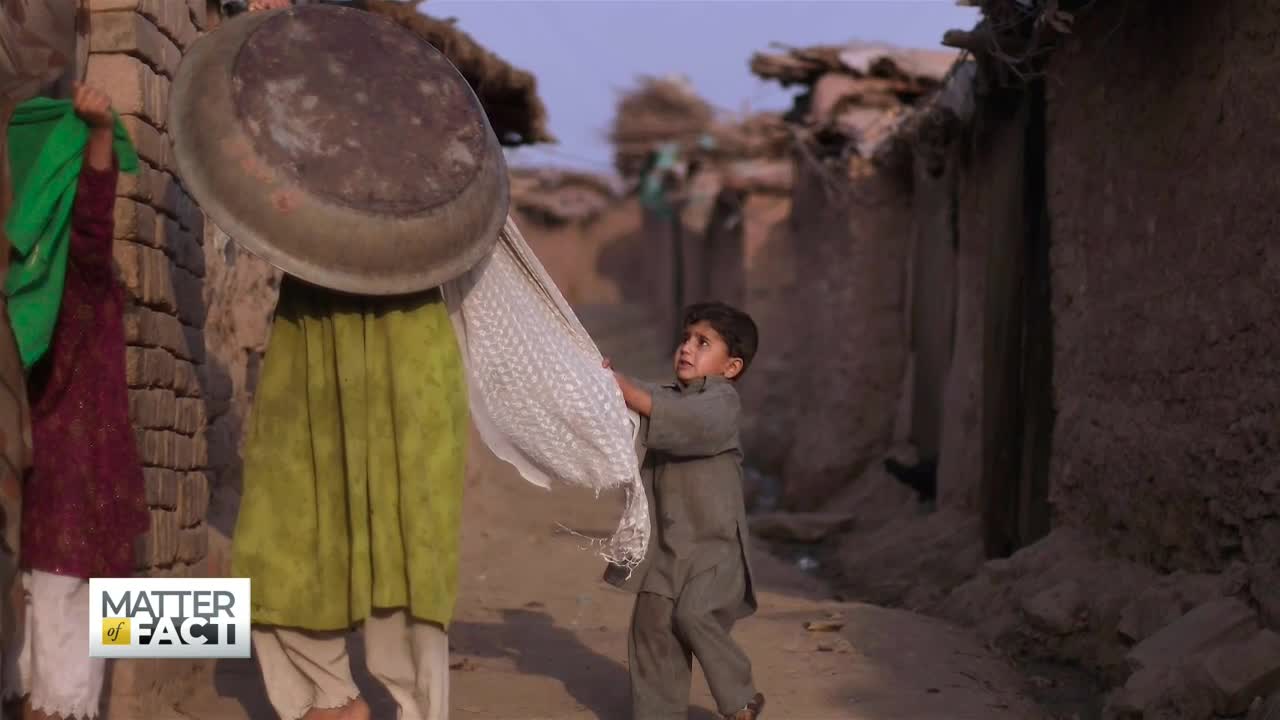
Before the coronavirus crisis, immigrants and refugees living the U.S. were a major financial lifeline for their families and the economies they left behind. But now the pandemic is threatening that pipeline. Correspondent Jessica Gomez reports from Lincoln, Nebraska where a large population of resettled refugees are struggling to help their families here and across the globe.
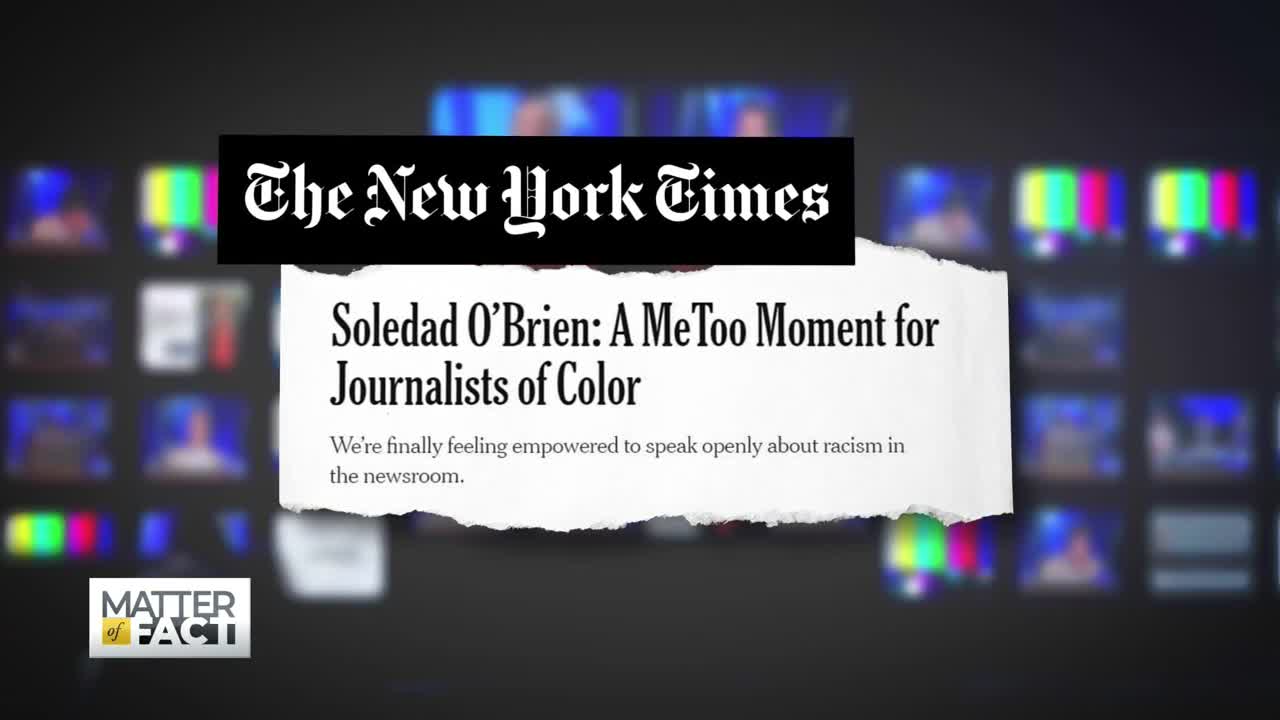
Soledad O’Brien reflects on America’s moment of reckoning on race and her recently published New York Times op-ed, titled “A Me Too Moment for Journalists of Color.”